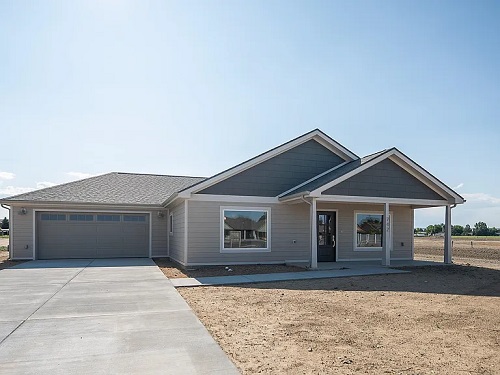It’s not unusual to wonder, “Can You Live In a Commercial Property?” With rising housing costs and flexible work lifestyles, more people are thinking creatively about where and how they live. In theory, moving into a commercial building may seem like a savvy way to combine business with personal life. But before you start turning that storefront into a studio apartment, there are some critical rules and legal factors to consider.
Understanding Zoning Laws and Regulations
Zoning is the first and biggest hurdle. Local zoning laws determine how a property can be used — whether for residential, commercial, industrial, or mixed-use purposes. Living in a space that’s strictly zoned for commercial use may violate your city’s housing ordinances. In most U.S. municipalities, this could result in fines or even forced removal. Before moving in, check with your local zoning office to see if residential occupancy is allowed or if a variance is required.
What Is a Mixed-Use Property?
Some commercial spaces are already zoned as mixed-use, meaning they’re designed to accommodate both residential and business functions. These live/work properties are increasingly popular in urban areas. A mixed-use zoning designation is your best-case scenario if you’re looking to live in a commercial property legally and comfortably. Developers are now building more of these spaces to meet changing lifestyle demands.
Safety and Building Codes Matter
Even if zoning allows it, safety regulations and building codes can throw a wrench into your plans. Commercial properties aren’t typically equipped for residential living. They might lack essential features like a full kitchen, proper plumbing, fire safety equipment, and adequate insulation. Converting the space to meet housing standards might require costly renovations and inspections. Local building departments usually need to sign off before the property can be legally occupied as a home.
Insurance and Liability Concerns
Living in a commercial building can also impact your insurance coverage. Most commercial insurance policies do not cover residential use. If something goes wrong — like a fire or accident — you could be left uncovered. Be sure to speak with your insurance provider and get the right kind of coverage for a mixed-use or converted space.
How to Make It Work Legally
If you’re committed to the idea, here are a few legal ways to live in a commercial space:
- Apply for a zoning variance or special use permit.
- Purchase or lease a live/work unit already zoned for both uses.
- Work with an architect or contractor to bring the property up to residential code.
In many cities, local governments are becoming more flexible in allowing adaptive reuse of buildings. But that doesn’t mean you should skip the paperwork. Always get approvals in writing.
Pros and Cons of Living in a Commercial Property
Before making your decision, weigh the benefits and drawbacks.
🟢 Pros:
- Larger spaces for less money per square foot
- Opportunity to live and work in one location
- Unique, creative living environments
🔴 Cons:
- Legal hurdles and zoning restrictions
- Potential for higher utility costs
- Limited financing or insurance options
Final Thoughts
So, can you live in a commercial property? Yes — but only under the right legal conditions. Before signing a lease or starting renovations, check your city’s zoning rules, get permits, and ensure the property meets safety standards. With careful planning and the proper approvals, a commercial space can become a unique and functional home.
Visit our new updated homes, apartments, rooms for buying or selling
